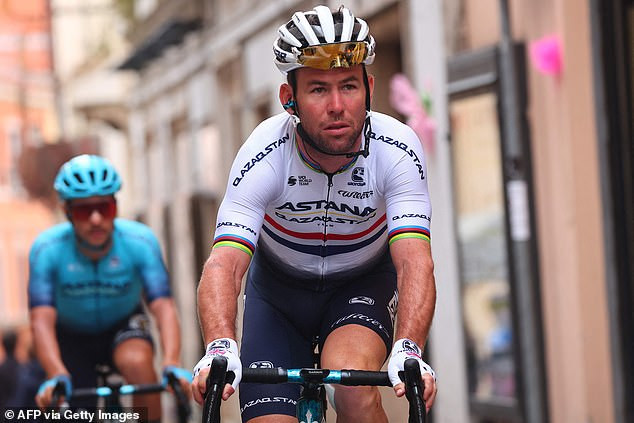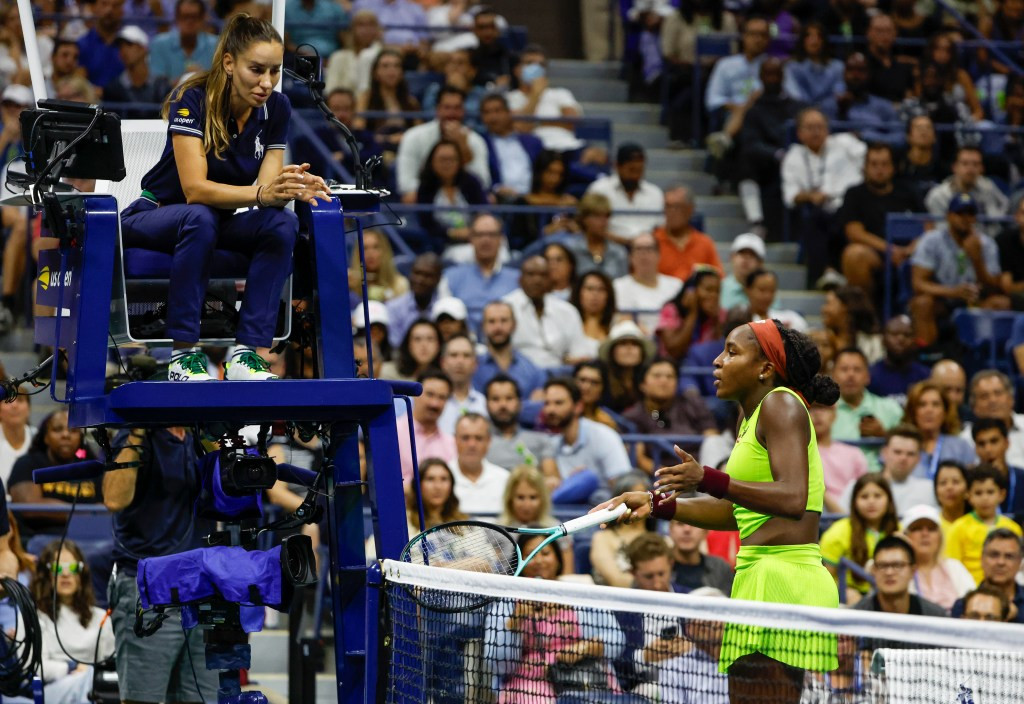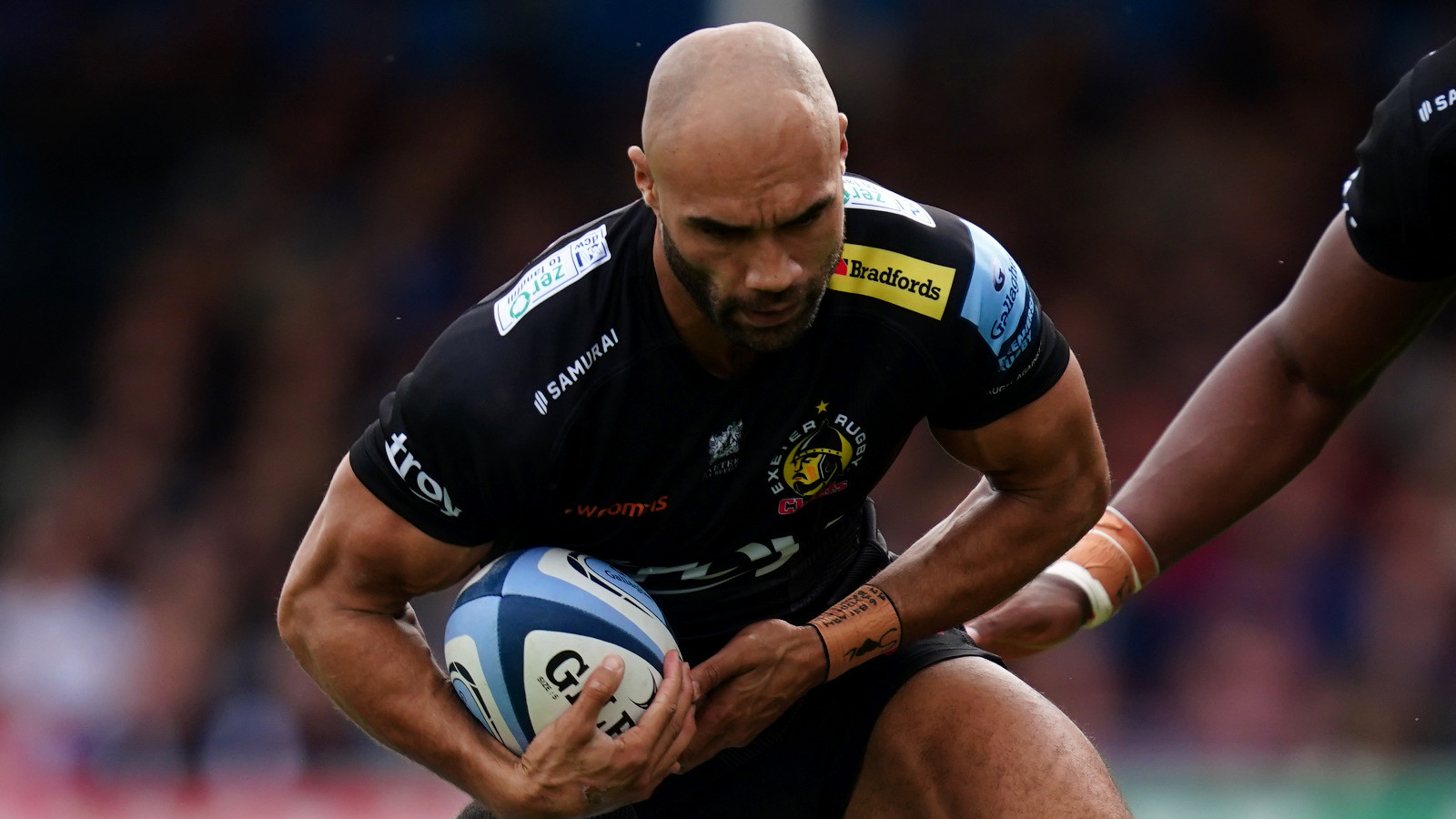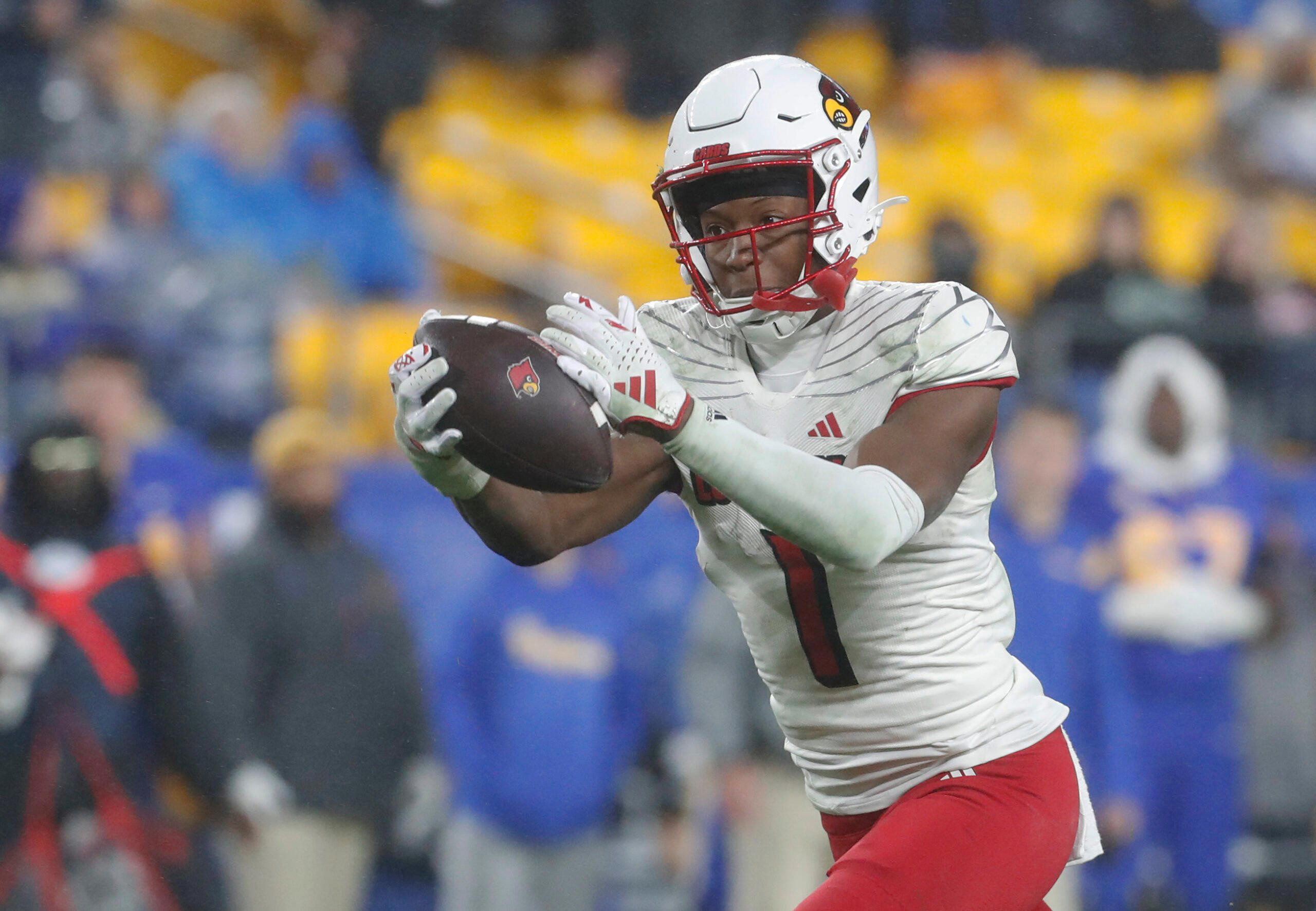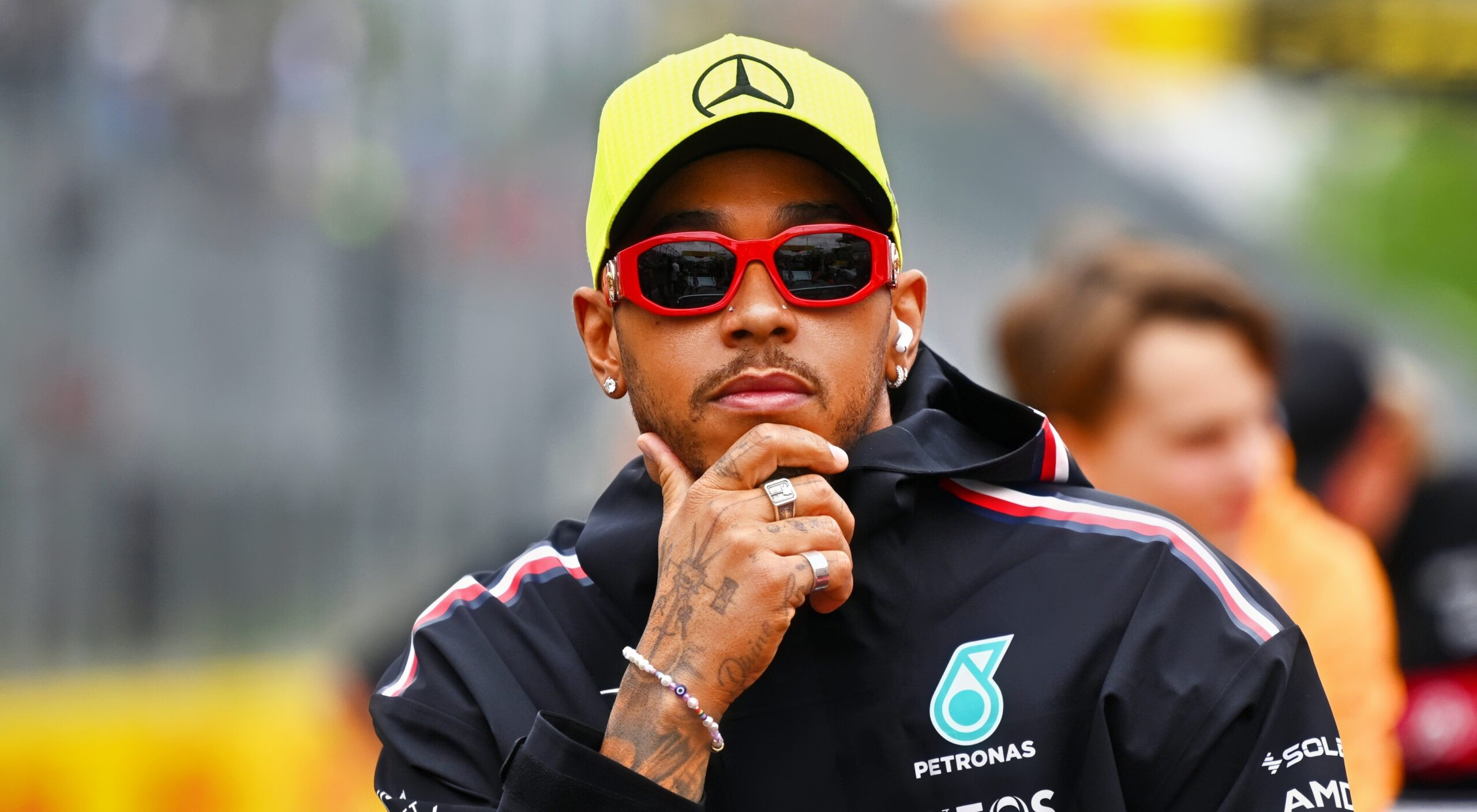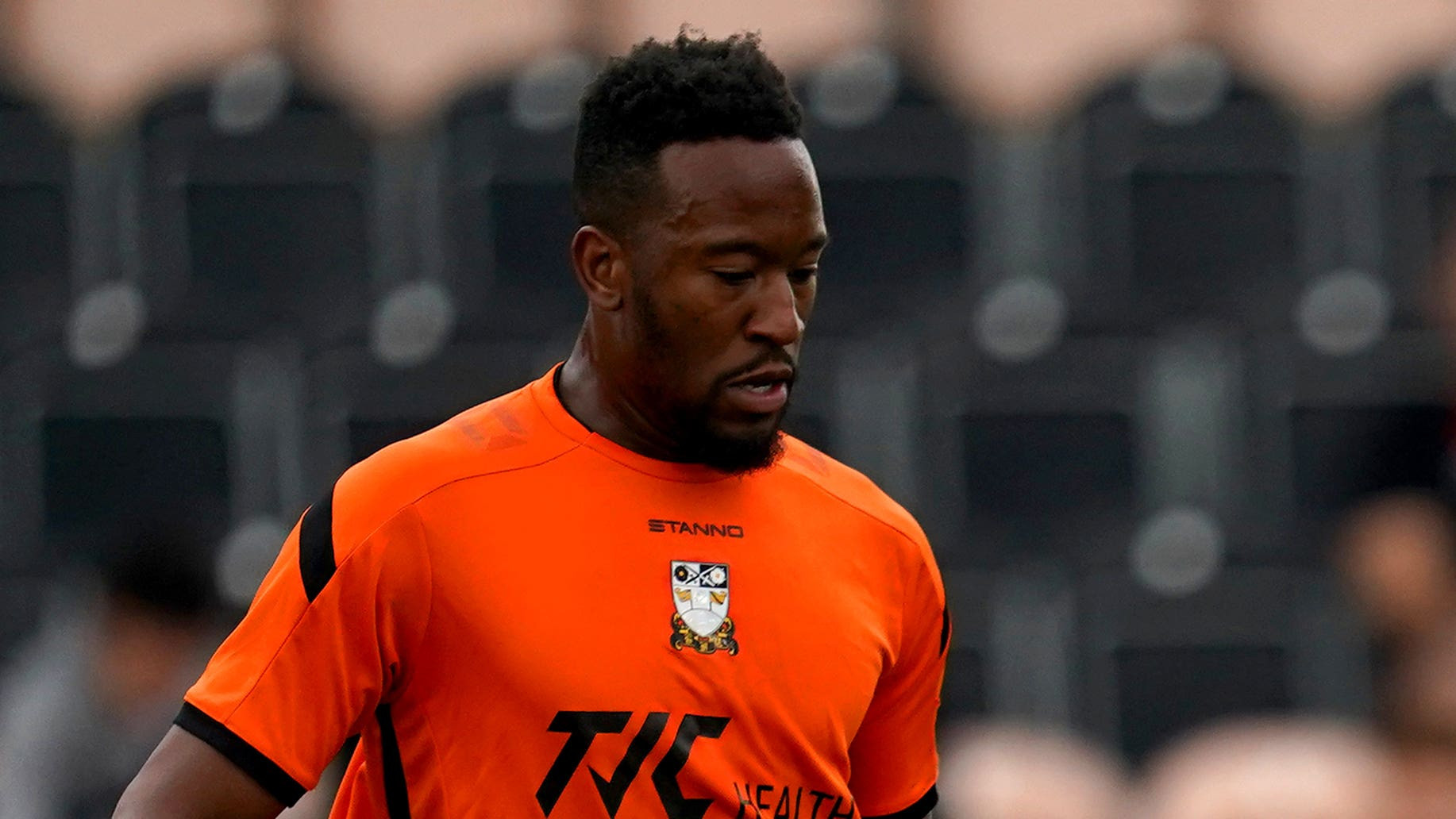The dumping ground of a family dining room table is a familiar scene around the world: a smattering of unopened letters, a bunch of keys, some unfolded laundry. But the Cavendish household is no ordinary one. The 39-year-old man of the manor is a world-beating cyclist. In the words of his yellow-jersey-wearing pal, Olympic gold medallist Sir Bradley Wiggins, ‘This fella is the GOAT.’
The night before I arrive at his villa in France, the Manx Missile had been awarded the Freedom of Nice. There in the centre of the Cavendish table – alongside the domestic bills and receipts – is a cluster of gifts, including a framed certificate, some watercolour artwork and expensive wine, heralding Cavendish’s latest honour: the keys to this city on the French Riviera.
‘It’s a proper, proper honour getting the Freedom of Nice,’ he tells me. ‘As a sportsperson, you spend your life aiming for a result, and it’s all completely objective – you know you’ll get out of it what you put in.' There is also, of course, the small matter of his recent knighthood: ‘When recognition comes as a result of another pursuit, it hits differently, because it’s not something I aimed for. It has been bestowed upon me. It doesn’t matter what you do in life, where you are from or how old you are – positive recognition is what we strive for. It’s impossible not to feel nice from it.’
Cavendish, his wife Peta and their five kids are in the final stages of a well-earned holiday in a picturesque gated development just a stone’s throw from Nice’s historic port and famous promenade. You can sense a pressure lifting after years in the eye of the professional-cycling storm. Mark has been a key member of many teams in the past – Team GB, T-Mobile, Team Sky – but this particular outfit, the Cavendish clan, who call Ongar in Essex home, is an impressive operation to observe. You can see the spoils of success sitting alongside the day-to-day family stuff. Plastic toys and pool inflatables rest next to kids’ road bikes, worth tens of thousands of pounds.
We share a joke about the name in his well-thumbed passport. To give him his full title, he’s now Sir Mark Cavendish KBE, with an honorary doctorate in science from the University of Chester. He laughs, ‘That’s right. I am a doctor as well, but I don’t really use it.’
For a man who has been hammered over the years for being ‘cocky’, Cavendish shrugs with an authentic humility, embarrassed by the attention, the titles, the grandeur. He briefly excuses himself to take a flurry of phone calls, speaking in Italian, French and English, before apologising profusely for the interruption. I’m witnessing complicated logistics surrounding his new role – arranging the delivery of various high-value bikes to different pro cyclists, with a trip to China to factor in to ensure the delivery of his own bike. This is an elite athlete moving into the next phase of his career in management. And it’s impressive to watch.
Stepping Into Management
So, what lies next? ‘I’m still racing this year, I’m contracted until December. I’ve got races in the far east in October,’ he says. ‘What is guaranteed is that I’m never doing the Tour de France again.’
Last year, he announced his retirement but was subsequently talked out of it. ‘I changed my mind so much over a three-month spell. I crashed out and I had good and bad luck, but I thought that was it. People said to me, I can’t finish like that. But I’m the one person who knows how fucking hard it is. I chopped and changed my mind from day to day and even now, I haven’t entirely committed to what I’m doing, except for the fact that I cannot prepare for the TdF ever again. Cycling is hard enough, the TdF is another level. That is a dead cert.’
Anyone who saw Cavendish’s brutally honest Netflix film, Mark Cavendish: Never Enough, will know the crushing depths of his clinical depression five years ago. The documentary also detailed his experience with the debilitating Epstein-Barr virus, which has been known to strike endurance athletes and has serious repercussions if not treated properly.
‘I had no idea how my head would be after doing my last Tour de France, but it just feels like every other one. You say the same thing when you finish every time: “Fuck that, I’m never doing that again.” Then two days later you’re telling yourself you can’t wait to go again.’
It does take time to adjust to normal life afterwards, he says. ‘You can be a bit lost. It’s mad, you’ve been in this one race for a month where your breakfast time is set for you, your schedule for departing, your massage, your dinner – everything is on a tight schedule and laid out for you. All you do is exist and do it. You live in a bubble.
‘It’s hard, but I love it. I finished the Tour because I’ve won one in every six or seven races I’ve taken part in, or something like that. It’s crazy compared with most other cyclists. Most guys might have one win out of 300, some don’t win at all. With that in mind, the time you have on the bike is just suffering. It’s horrible and that is part of the accomplishment.’
I’ve known Cavendish’s wife, Peta, for 20 years and she’s a force of nature. The bond the couple have has played a huge part in Cavendish’s success over the past decade, especially during the years when illness and poor mental health kept him off the podium. Peta’s knowledge of the sport and her effort behind the scenes makes them an indomitable pair within a ferociously competitive sport.
A New Chapter
At one point I ask if he’s managed to unwind on holiday, knowing full well that he interrupted his break to fly back to London for the Men’s Health cover shoot – such is his dedication to his work.
‘I speak to Peta a lot about replacing the thrill of what I do,’ he says. ‘Even before I was a bike rider, I always had to be the best I could be. If there was a spelling test at school, I had to win it. At sports day, I had to win. I was a perfectionist.
‘Everything I did in my teenage years was building up to be a cyclist. I knew I wanted to ride for T-Mobile, so I asked to learn German to make that happen. I went to work to save money to make it happen. I had a plan to turn pro. When I was pro, I had a trajectory of races I wanted to win and how I wanted to progress. I was fortunate for most of my career that it worked. Then suddenly you’re older.
‘For me, though, it’s not about stopping, it’s about starting something new. I will always ride a bike, but the past few years I’ve known what I want to do after. I’ve set the wheels in motion for that. I want to stay in management in the sport, I still love it. I brought a lot of people to this team [Astana Qazaqstan] over the past two years, and I know what it takes to be successful. I’ve been building up to the moment I’m not racing.’
Having a good team around him makes a big difference. ‘I don’t think I’ll ever stop drifting off into my own thoughts. My head is always at a million miles an hour,’ he says. ‘I really love switching off with the family – it’s so rewarding for me. Having to get dressed for breakfast is just hassle. I just want to stumble downstairs and make a coffee in my pants. My favourite thing is dinner time, all of us. A full table, Peta cooking. She is incredible in the kitchen.’
Embracing the Next Challenge
As with so many of the athletes who’ve appeared in MH over the years, such a dedication to the sport has a painful pay-off. Watching footage of Cavendish’s spectacular crashes over the years makes you wince. His family are often watching from a nearby RV. And when Daddy doesn’t get up after crashing into a bollard and somersaulting along the road, it must be difficult to watch.
‘The last bad injury was a broken collarbone, and there’s metal in there now,’ he says. ‘I separated both my shoulders and they obviously got really strong after that. That’s what caused me problems with my collarbone – it broke on the pin exactly where I landed. I had to get a bone graft from my hip to replace a gap in the bone on my shoulder. The hip took longer to heal than the collarbone – that’s why I wasn’t racing for the rest of the year.
‘I’ve had the same cycling position for 25 years, the same pedal revolution, so any slight movement, your body feels it. When you’re young, you can change your seat height – it doesn’t matter. When you’re older, your body is so used to one position – it’s a killer.’
This is partly why he can’t do another Tour, he explains. ‘I feel old now. I feel broken. It takes me a while to get going. These days, I’m like a diesel engine – which I never was before.
‘When I’m on the bike, it takes me an hour before I start to do intervals and all of that. I’m not going to injure myself, but I’m never going to get the best out of myself unless I’m warm. Just to get fit in general now, it’s so fucking hard.
‘I remember 10 or 11 years ago I had an old teammate, who was the age I am now. He asked how long I’d have off over the summer. I told him five weeks. He couldn’t believe it because he’d had 10 days – which I couldn’t believe. He just smiled and said, “You’ll see.” Here I am, the veteran. He was right. So right.’
This is the first proper break Cavendish has taken in a while. ‘I’ve been forced, with injury, and it’s horrendous getting going again.’ He pulls up his shirt and shows me his tummy, giving it a playful pat, to demonstrate his lapsing fitness. I laugh, but it stings a bit, having watched his struggles with food in the Netflix documentary. ‘I’m not heavy by any stretch of the imagination, I’m just heavy compared with what I’ve been in the past,’ he says. ‘I’m a weird shape. I have spindly arms. I’m top half marathon runner, bottom half rugby player.’
So, when the miles on the clock drop, what does Cavendish plan to do in order to satisfy that competitive edge? ‘I will always ride my bike, but I want to run now,’ he says. ‘It’s pure – get your shoes on and off you go! I’ve already agreed to do the Paris marathon with my brother. He started cycling before I did, and he was better than I was. Past four years, he’s started to get fit. He’s riding and started running. For the first time since we were kids, he’s lighter than me.
‘I’m really looking forward to the time when I don’t have to wake up and do a specific programme on a computer. I can just ride with my friends, it doesn’t matter if I go fast or slow.’
Finding Fulfillment in Family and Future
On the other hand, he’s aware of how many former athletes go off the rails after retirement. ‘You don’t have a reason to get out and do it. Your whole life you’ve had a reason, a purpose. To me, it doesn’t matter what I do. I know that feeling when you’ve had a good workout. You get in the shower and the blood starts flowing – it’s such a wicked feeling.’
In a normal competitive year, Cavendish spends a minimum of 250 nights in hotels, often sharing a room with a teammate. So, home comforts are what he’s embracing most. ‘The smell, the softness of your own bed. It has a comfort that no hotel can match. Being able to do stuff with my kids is what matters now. Jumping on a trampoline or getting in the pool. I’ve had to make excuses in the past because I was knackered, or recovering or resting. I have to give myself a shake and realise this is what I’ve craved. It makes you feel guilty having that momentary thought of “I can’t be arsed.”’
When Cavendish speaks about his family, his face lights up. In his final stage win in the Tour, his neuroscientist suggested a technique that involved visualising happy family moments to help him with the suffering in the final stages of a race. ‘I don’t remember much of my dark times a few years ago. I see it more in the effect it had on other people. You get a sense of perspective and understanding of what life is from an experience like that,’ he says, thoughtfully. ‘It’s actually fucking great.’
The life of a professional cyclist can be a lonely one. ‘The sport does fuck you. Solitude is a big thing, so much time on the bike, so much time travelling, so much time alone – it doesn’t matter if you like your own time. I do, but too much of it is not good for you.’
Now, however, he’s in a good place, with a new plan and ambitious goals. But this moment has also given him a period of reflection. Sky recently recorded a series of tributes after his final win in the Tour, and you can tell how much it meant to him – especially the message from old teammates.
He beams. ‘For Brad Wiggins to call me the GOAT… I’ve been with him forever – we’re like brothers. We have been World Champions together. He won his Tour de France and I never thought I’d be part of a winning team, but I did it with him. That’s arguably the best day of my career. It was almost bigger for me being part of that team than it was for me going over the finish line first. I did it with him. We’ve had a rivalry, but I would jump to his defence in a heartbeat; I know he would do it for me.’
And that leaves us with the question everyone has been asking. What is his legacy in cycling? ‘I don’t know. I just did everything I could. I hope, simply put, anyone who rides a bike – on the way to school, at the park, wherever it is – whoever puts a foot on a pedal, they can love it as much as I did. Purely riding a bike in any form – then I’m happy. If I played a part in encouraging that in others, then that’s good enough for me.’




